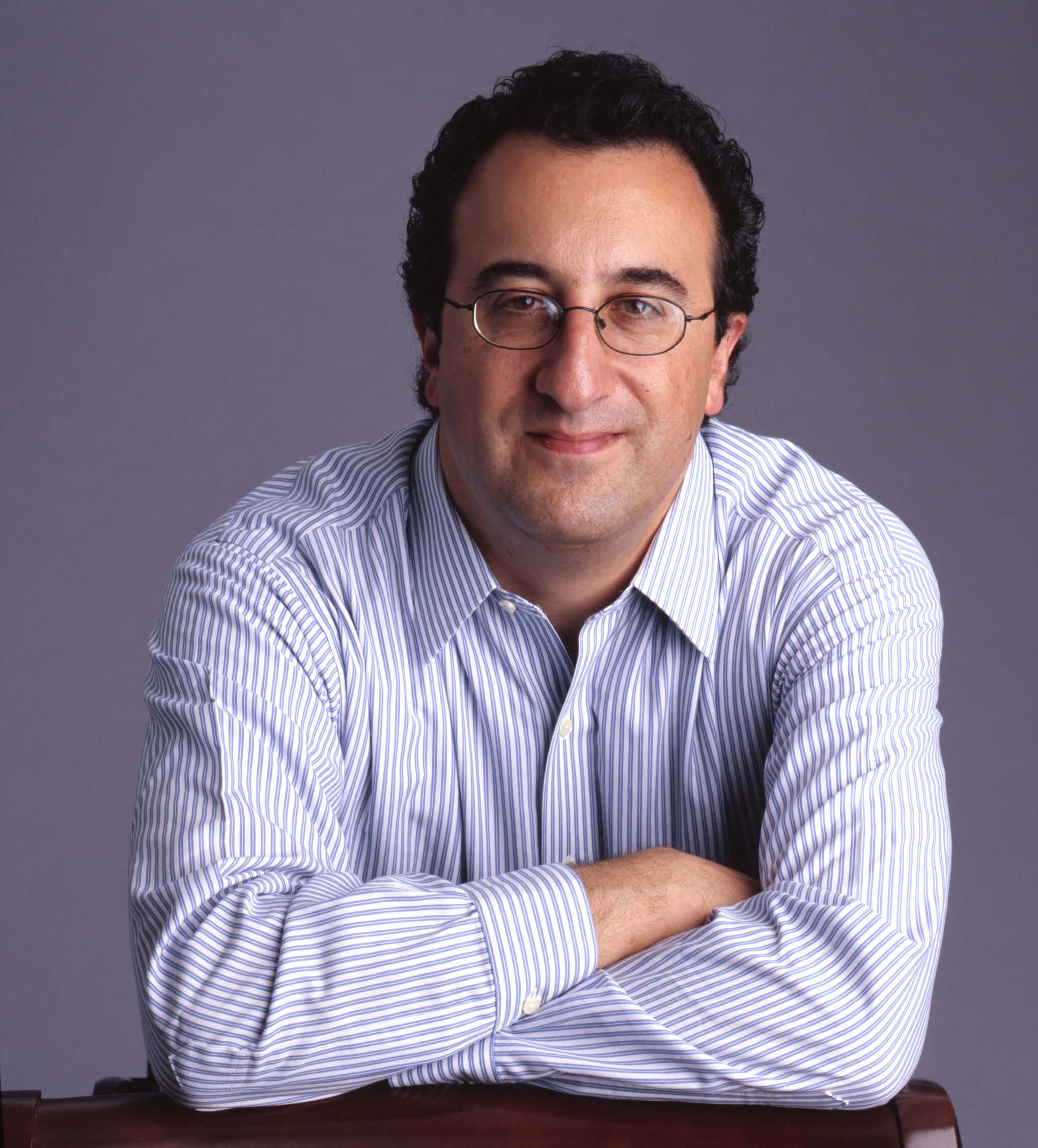Novak, Clement, Cheney, and the Gun Case

on Mar 13, 2008 at 5:07 am
Robert Novak reports this morning on alleged tumult within the Administration with respect to the position that Solicitor General Paul Clement has urged in Heller. Some of the details Novak conveys strike me as plausible — such as that the President “approved” of the Vice President appearing as amicus on a brief that urges affirmance of the D.C. Circuit opinion; and that SG Clement embraced the views of the Criminal Division over dissenting views from OLC. (Like many others, I don’t think Clement’s choice was a “puzzlement” in any way. What would have been surprising would be if he had filed a brief taking a hard-line view that would have called into question many existing and potential federal firearms regulations.)
But three other items in Novak’s column strike me as deeply implausible, based principally on my experience at DOJ.
First, Novak reports that “the president and his senior staff were stunned to learn, on the day it was issued, that Clement’s petition called on the high court to return the case to the appeals court.” (Novak presumably means Clement’s amicus brief, not a “petition.”) That is hard to believe. In a case of this magnitude, on an issue that had obviously been of great interest and occasioned great debate within DOJ, it is difficult to imagine that the White House Counsel was not brought into the loop much sooner — or that the White House Counsel did not give the President and “senior staff” notice of the debate and the possibility of a brief urging remand. No doubt the White House (or certain components in it) now wishes to wash its hands of any responsibility for the DOJ filing — hence the leaks to Novak. But the story they’re shopping doesn’t make sense.
Second, Novak reports that “[n]ewly installed Attorney General Michael Mukasey, a neophyte at Justice, was unaware of the conflict [between OLC and Criminal] and learned about Clement’s position only after it had been locked in.” This is even more implausible than the notion that the White House was out of the loop (particularly if “locked in” means “after the brief was filed,” which is the only meaningful way in which the position could have been “locked in” in a way that Mukasey could not reverse). Mukasey became AG on November 9th. Clement filed the brief on January 11th. Mukasey was not just then unpacking his bags. Clement probably meets with Mukasey several times a week, if not on a daily basis, and keeps him abreast of major developments within the SG’s Office. If there had truly been a major debate between OLC and Crim over the type of brief that the SG should file — which sounds entirely plausible — there would have been no reason for OSG, OLC and Crim not to have briefed the AG on it, and perhaps to seek his input or even his resolution of the internal debate.
Finally, Novak relates that “[t]he word was passed in government circles this week that Clement would amend his position when he actually faces the justices — which would be an odd ending to bizarre behavior by the Justice Department.” I’m skeptical. Is it possible that Clement will clarify his position at oral argument next Tuesday in a way that stresses the brief’s pro-individual-rights arguments a bit more? Sure. But a walkback from the basic positions adopted in the brief? Although stranger things have happened, I’ll only believe it when I see (i.e., hear) it. I imagine this “word” was passed to Novak as part of an effort within the Administration to lobby Clement (and Bush/Mukasey) for a more fundamental mea culpa at oral argument. The institutional cost to the Office of such a reversal, however, would strongly counsel against any such move — particularly because it would be unlikely to have any effect on the way the Justices decide the case. Don’t count on it.
[I should probably add that although Akin, Gump, which sponsors this site, is among the counsel for petitioner in Heller, I am not associated with Akin, have not worked on the case, and have not discussed this post or the Novak column with anyone involved in the case.]


